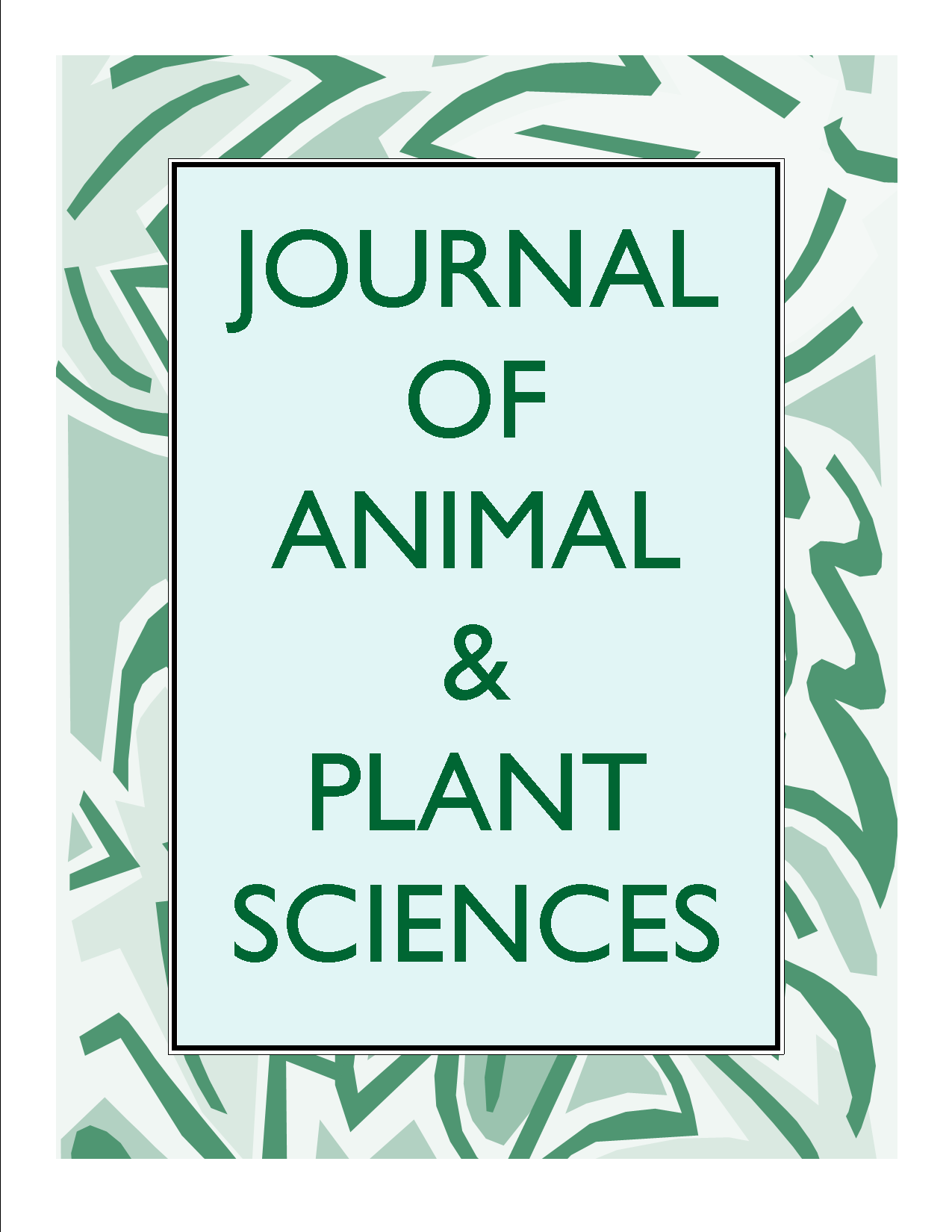Journal of Animal and Plant Sciences
J. Anim. Plant Sci. [ISSN 2071 - 7024]
Volume 11(1): 1374 -1379. Published August 30, 2011.
Techniques agroforestières à base de Gliricidia sepium à l’Est de la Côte d’Ivoire : impacts et perspectives
*Kouadio K.K.H*1,2, Doudou D.T3, Tschannen A2, Dao D2, Girardin O2
1Université de Cocody (Abidjan), UFR des Sciences de la Terre et des Ressources Minières (STRM), Département des Sciences du sol, 22 BP 582 Abidjan 22, Côte d’Ivoire
2Centre Suisse de Recherches Scientifiques en Côte d’Ivoire (CSRS), 01 BP 1303 Abidjan 01
3Université de Bouaké / Centre de Recherche pour le Développement (CRD), 27 BP 529 Abidjan 27
Autor Correspondance: hippolyte_kouadio@yahoo.fr
Mots clés : Gliricidia sepium, agroforesterie, vulgarisation, Côte d’ivoire
Key words: Gliricidia sepium, agroforestry, popularization, Côte d’Ivoire
SUMMARY
Une étude d’impacts des techniques agroforestières à base de Gliricidia sepium a été initiée dans l’Est de la Côte d’Ivoire. L’objectif de l’étude était de dégager les interventions agroforestières potentielles comme moyens rentables pour la préservation de l’environnement et la lutte contre la pauvreté. Gliricidia sepium, associé aux cultures ou mis en jachère améliorée exploitable à partir de la troisième année, a contribué à l’amélioration des rendements, la restauration et le maintien de la fertilité du sol et à la réduction de l’intensité de l’enherbement. Gliricidia sepium constitue donc un élément moteur majeur du développement local. Les effets positifs de cette technique en milieu paysan ne peuvent être durables et connus que si les structures d’encadrement et de vulgarisation ne faillassent pas à leurs rôles. Cependant, il appartient aux paysans de s’organiser en coopératives afin de bénéficier des techniques que leur apportent les projets de développement. Il convient de faire une vulgarisation nationale où le besoin est réel. La bonne application de la technologie agroforestières passera inévitablement par la formation et la sensibilisation des paysans. Cela leur permettra de savoir surtout le mode de gestion des légumineuses en plantation et en jachère améliorée.
SUMMARY
A study on impact of Gliricidia sepium based agroforestry techniques was carried out in the East of Côte d’Ivoire. The objective of this study was to show the potentials of agroforestry as a profitable means for preservation of environment and for the struggle against poverty. Gliricidia sepium, cultivated in association or cultivated as improved fallow exploitable after the third year, contributed to the improvement of yields, restoration and the maintenance of soil fertility and to reduction of weeds intensity. However, it is up to the peasants to be organized in co-operatives in order to profit from the techniques that the projects of development bring to them. It is advisable to make a national popularization where the need is real. The good application of agroforestry technology will inevitably be passed by the training and the sensitizing of the peasants. That will enable them to especially know the mode of management of leguminous plants in plantation and improved fallow.
FULL PAPER [PDF AVAILABLE HERE ]
